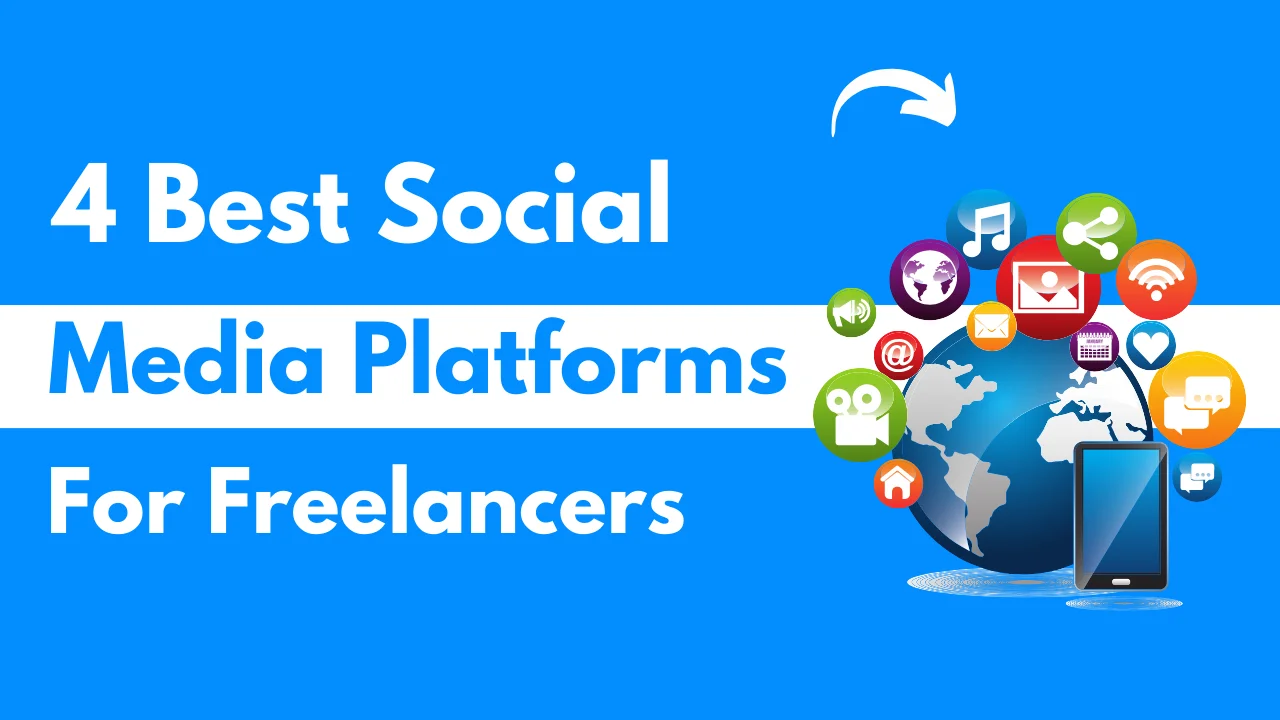Last updated on April 12th, 2024 at 11:10 am
It’s funny how I love and hate social media. If we didn’t need it for work, I’d probably live on a farm somewhere.
Regardless, if you are a freelancer or a solar solopreneur like me, or even if you are a coach or consultant, you can use social media to your advantage. This will make your life easier.
You don’t need to be on every platform, in fact, you probably shouldn’t. You won’t be able to maintain the frequency or quality of posting you need if you’re spreading yourself too thin.
In my opinion, some of the platforms are not very beneficial to the type of work that we do, so if you’re trying to take advantage of them to grow your business, it’s a waste of time.
Here are some of the social media platforms I’ve used in the past to grow my business, land new clients, and make money.
Okay, so this article is best suited to client-based solopreneurs, such as freelancers, consultants, and coaches. Now let’s get started.
1. LinkedIn
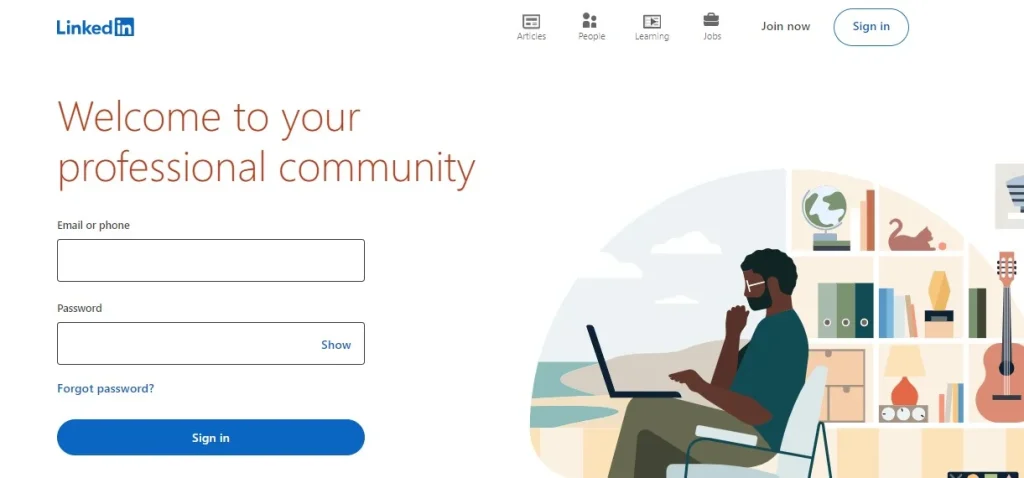
In my opinion, LinkedIn is the best social media platform for professionals. It is an ideal balance between casual and formal, as it was meant to be.
You can use it to source leads, do cold outreach, build a platform, and send some traffic back to YouTube and the website. This is the most direct and efficient way for me to grow my business.
LinkedIn was designed for professionals like you. It is primarily a B2B platform where businesses connect. Because most other social media platforms are more geared towards business-to-consumer relationships, LinkedIn is different.
Brands try to sell their products and services to their customers. Okay, there is a big difference between B2B and B2C. I’m 100 percent certain that if you only use LinkedIn to grow your business, you can easily get away with it.
Social media is all I use these days. If you’d like to try something more, I’ve got a few more suggestions for you. These platforms have helped me land clients. This is why I don’t rely on them as much as LinkedIn.
2. Twitter
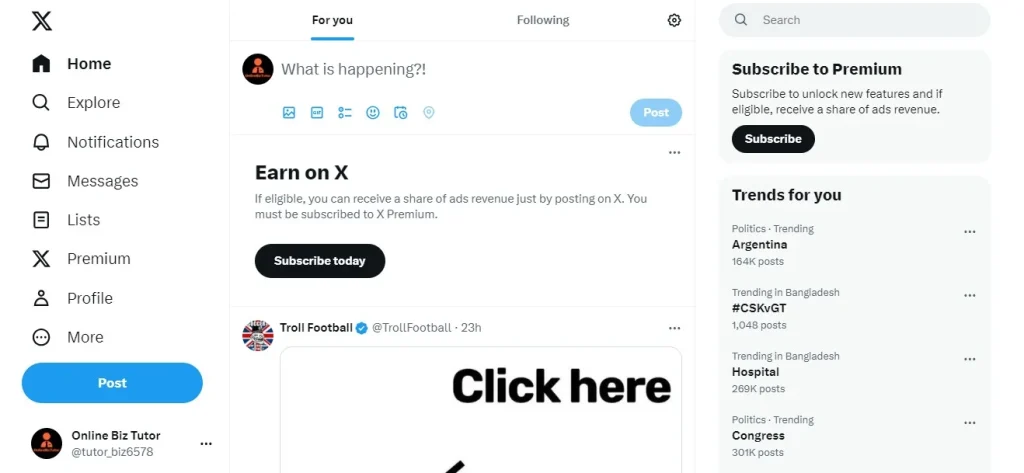
Who knew Twitter could be so useful? Not me. I used to tweet three times a day, full disclosure. Twitter is my second choice. As I actively tried to grow my platform, I eventually realized that nobody cares and Twitter is a dying platform.
If you want Twitter clients, you don’t have to tweet constantly. That’s good news in my opinion. As well, other professionals and brands may use certain hashtags when hiring writers.
Since these tweets usually have a lot of competition and traffic, the people responding to them usually try to compete by constantly undercutting each other’s prices.
It’s like a job board or bidding website, so whoever gets that job probably won’t be paid much. Twitter has its perks, such as the fact that you don’t have to put in a lot of time to see results.
Although the results are hit or miss, they don’t depend on having a huge Twitter following, and that’s what I like about it the most. Whether you have a hundred followers or 10,000 followers, if you contact a brand on Twitter and tell them you’re a freelancer and ask for their guidance, they’re probably not expecting to care.
Keep your page active by tweeting at least once a week and retweeting once or twice. This will ensure it doesn’t look shady if your page is completely bare.
Just so a brand doesn’t see your page as totally sketchy if they look back and see your profile picture, banner image, bio, link to your website, etc. Fill out your profile with your picture, banner image, bio, website link, etc.
3,4. Facebook and Instagram
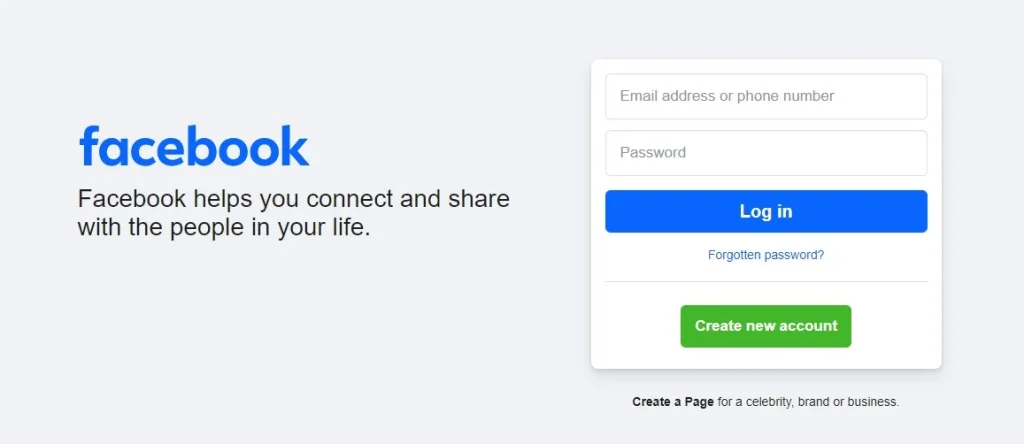
Let’s keep moving with Facebook and Instagram tied for third place. These platforms are similar to Twitter in that you do not need a large following to use them for cold outreach.
However, LinkedIn lacks one thing, which is that they are overwhelmingly B2C. The brands you pitch on Facebook and Instagram care more about selling to their audiences than networking with you.
Although I have tried using these platforms to pitch my services, it has been hit or miss. There are other variables at play here as well. For instance, I think it partly depends on the type of freelancer or solopreneur you are.
I am a writer, and most companies work closely with their social media and content teams. Sometimes they are treated as one team. Since I am a writer, I might be more likely to reach out to brands via social media, such as Facebook or Instagram.
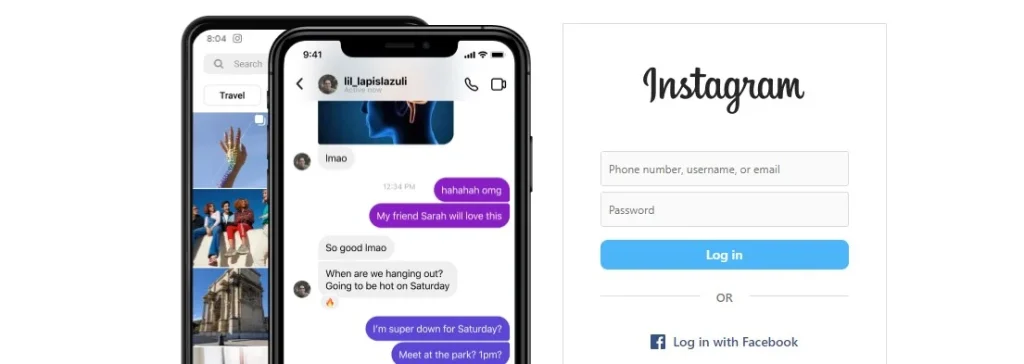
Now if you pitch a very different service, you might not get as much response. As an example, if you are a Financial Consultant a bookkeeper, a freelance bookkeeper, and you DM a brand on Instagram, they won’t know what to do with you.
As with Twitter, I would post just enough to keep the page active and fresh. This is so that if a brand looked at it, it wouldn’t seem strange or suspicious.
I’d advise you to avoid posting stuff that’s overtly political, religious, or controversial in any way that’s not super specific to your business and hyper-targeted. It’s not necessary in my experience.
Conclusion – Best Social Media Platforms for Freelancers
Managing multiple social media platforms requires a lot of work. I’ve listed four on this list: LinkedIn, Twitter, Facebook, and Instagram.
This is how I recommend making the most of your time on social media as a freelancer to land clients. You should focus on LinkedIn, and use it as your primary source of leads and cold outreach.
If you cannot reach anyone on LinkedIn and it is a dead end, try Twitter, Facebook, and Instagram. These are supplements, these are backups. That’s been my approach for years, and it’s never let me down.
